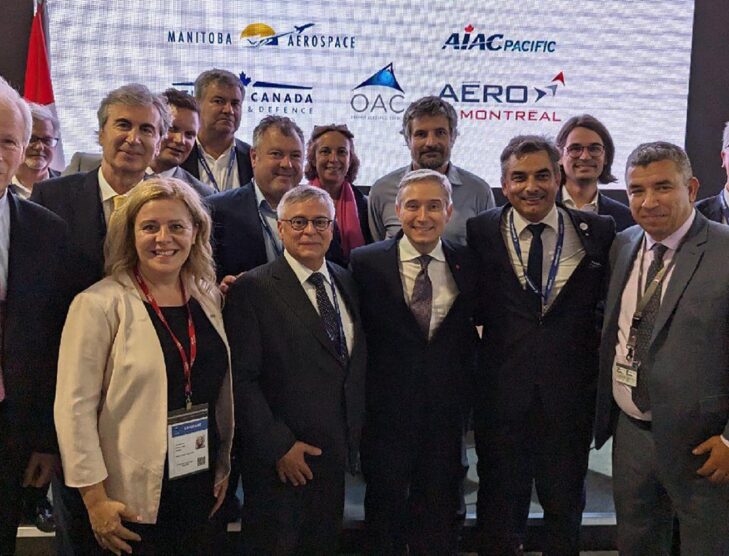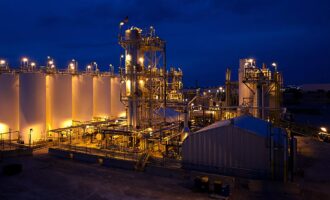
SAF+ Consortium signs MoU with Air France-KLM to deliver e-SAF fuel by 2030
SAF+ Consortium, based in Verdun, Quebec, Canada, has signed a memorandum of understanding (MoU) with the Air France-KLM Group for the supply of second-generation electro sustainable aviation (e-SAF) fuel. SAF+ Consortium specialises in the development of clean fuel made by capturing CO2 emissions from industrial sources.
The first fuel deliveries are scheduled in the 2030 time frame. This agreement confirms the expertise developed by Consortium SAF+ within its plant in Montreal, Canada. Consortium SAF+ has a state-of-the-art pilot unit in Montreal that has allowed it to demonstrate its expertise and capacity for the production of e-SAF fuel. The company is currently developing an avant-garde commercial project in Quebec, Canada, while establishing international partnerships to meet growing demand.
“The announcement of this partnership reinforces our leadership and accelerates our international growth. SAF+ Consortium is proud to support the Air France-KLM Group’s strategy, which goes beyond the European mandate in the incorporation of sustainable fuel e-SAF. We are excited to participate in the development of the SAF pipeline in France as part of this agreement. The e-SAF fuel meets the criteria of the roadmap set by the French government, which aims to be at the rendezvous of 2030 with a production volume in line with the important needs of the aeronautical sector,” said Jean Paquin, president and CEO of the SAF+ Consortium.
“Our government is ensuring that Canada is a leader and strategic partner of choice in sustainable aviation. Thanks to the work of Canadian innovators such as the SAF+ Consortium, our vision becomes a reality. That is why we are proud to see the company establish a new strategic partnership with Air France-KLM Group that will not only accelerate the green shift in Canada’s aerospace sector, but also support the transition to a carbon-neutral economy,” said the Honourable François-Philippe Champagne, Canada’s Minister of Innovation, Science and Industry.
Synthetic fuel contributes to the decarbonisation and reduction of the CO2 footprint of the aviation industry by using available raw materials and renewable energies compliant with international and European regulations (CORSIA and RefuelEU).









